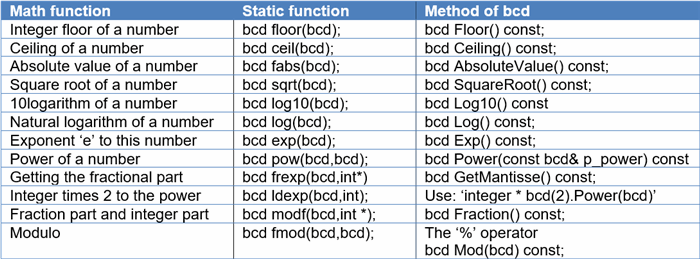Floor division and modulo are linked by the following identity x x y y x y which is why modulo also yields unexpected results for negative numbers not just floor division.
Impletemt true division and floor division in coco.
Dirkgently gives an excellent description of integer division in c99 but you should also know that in c89 integer division with a negative operand has an implementation defined direction.
The division and floor division operators yield the quotient of their arguments.
In python 2 is integer division assuming int inputs in both 2 and 3 is integer division to get float division in python 2 requires either of the operands be a float either as 20.
A b returns the integer division value and a b 0 is a checking condition which returns 1 if we have any remainder left after the division of a b else it returns 0.
For python 2 x dividing two integers or longs uses integer division also known as floor division applying the floor function after division.
2 3 first output is fine but the second one may be surprising if we are coming java c world.
Floor division the division of operands where the result is the quotient in which the digits after the decimal point are removed.
The result is that of mathematical division with the floor function applied to the result.
So for example 5 2 is 2.
Division of integers yields a float while floor division of integers results in an integer.
In python 2 7 the operator works as a floor division for integer arguments.
The integer division value is added with the checking value to get the ceiling value.
If you want floor division use available in python 2 2 and later.
From the ansi c draft 3 3 5.
But if one of the operands is negative the result is floored i e rounded away from zero towards negative infinity.
Floor division always rounds away from zero for negative numbers so 3 5 will round to 4 but towards zero for positive numbers so 3 5 will round to 3.
If either operand is negative whether the result of the operator is the largest integer less than the algebraic quotient or the smallest integer greater than the algebraic.
Using to do division this way is deprecated.
Given below is the illustration of the above approach.
When dividing an integer by another integer in python 3 the division operation x y represents a true division uses truediv method and produces a floating point result.
The numeric arguments are first converted to a common type.
In python 3 is float division.
Meanwhile the same operation in python 2 represents a classic division that rounds the result down.









